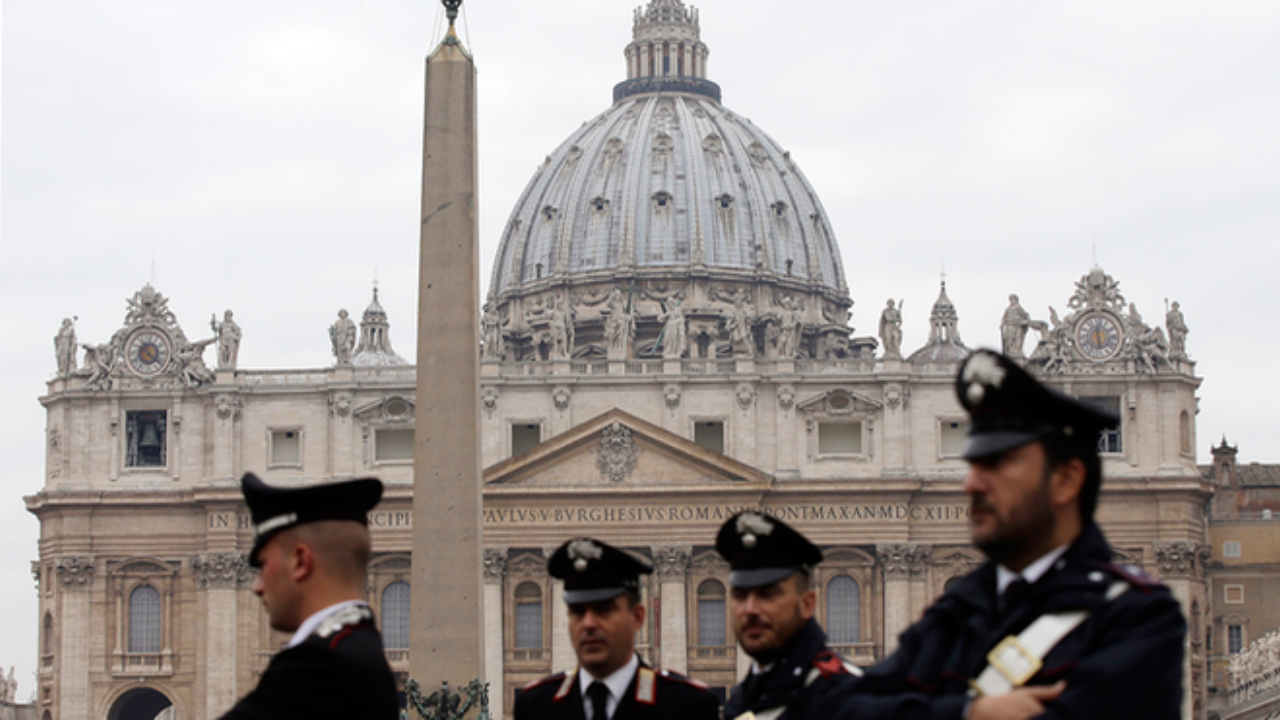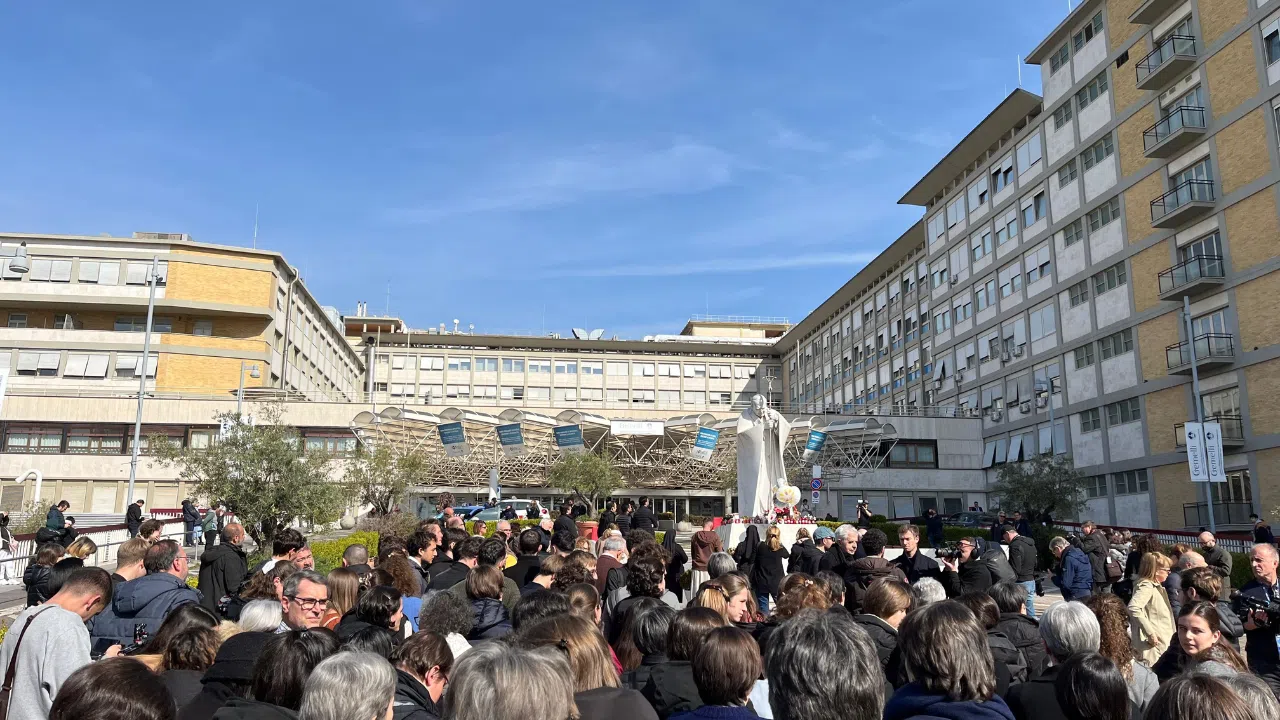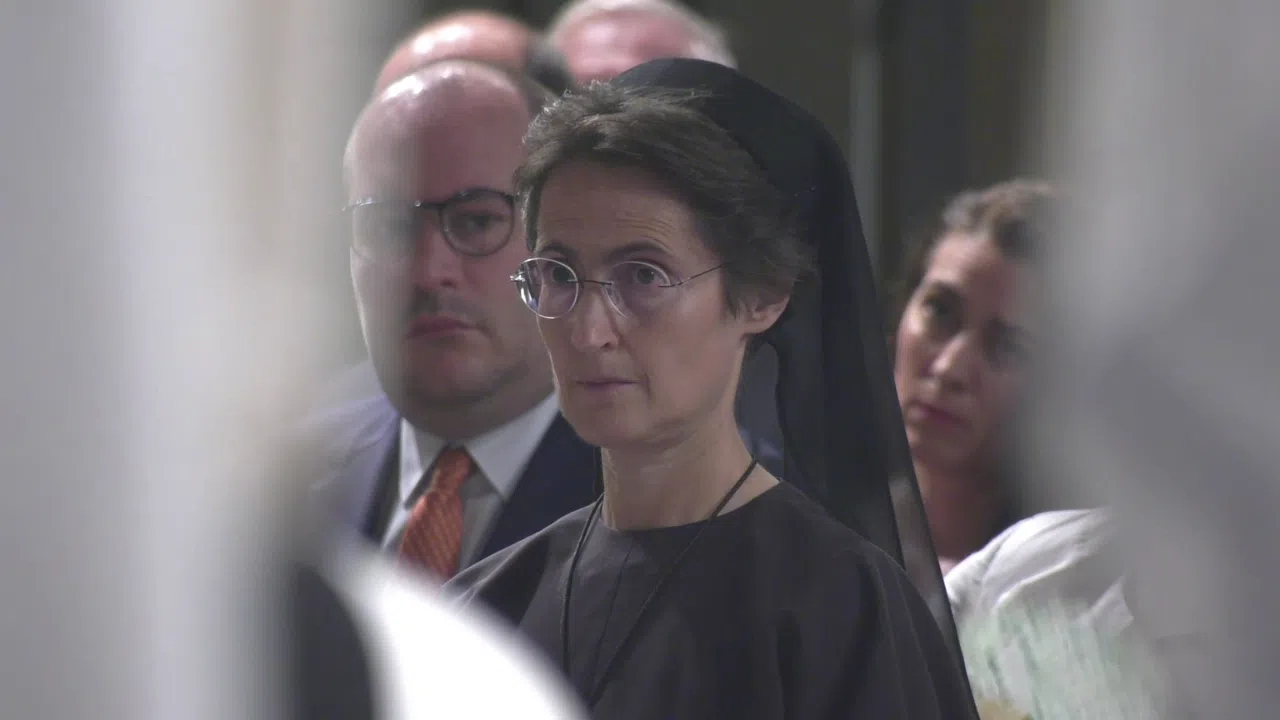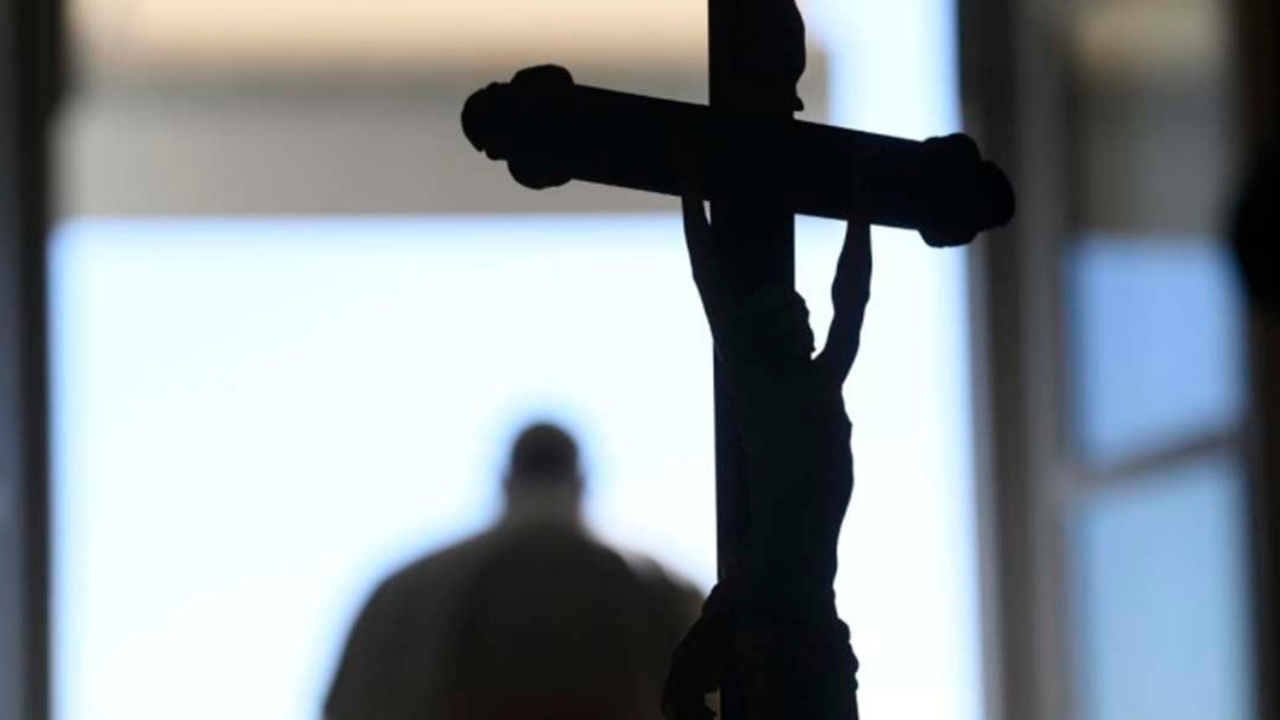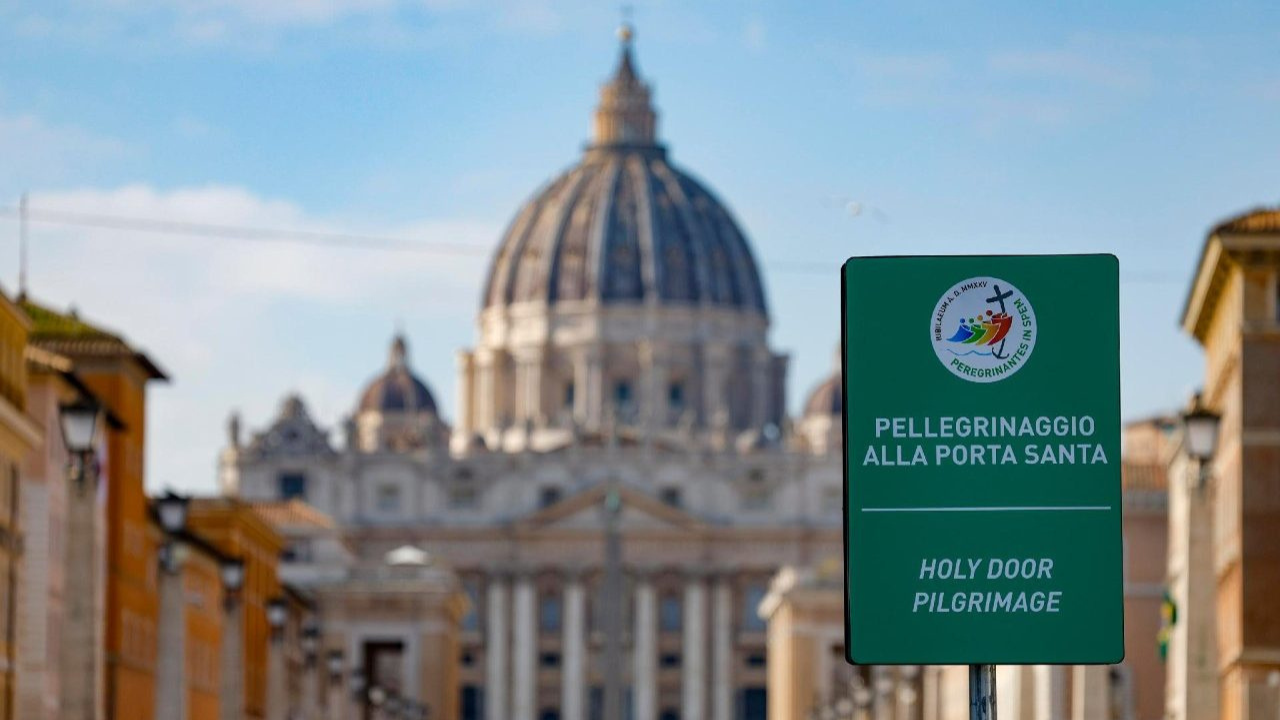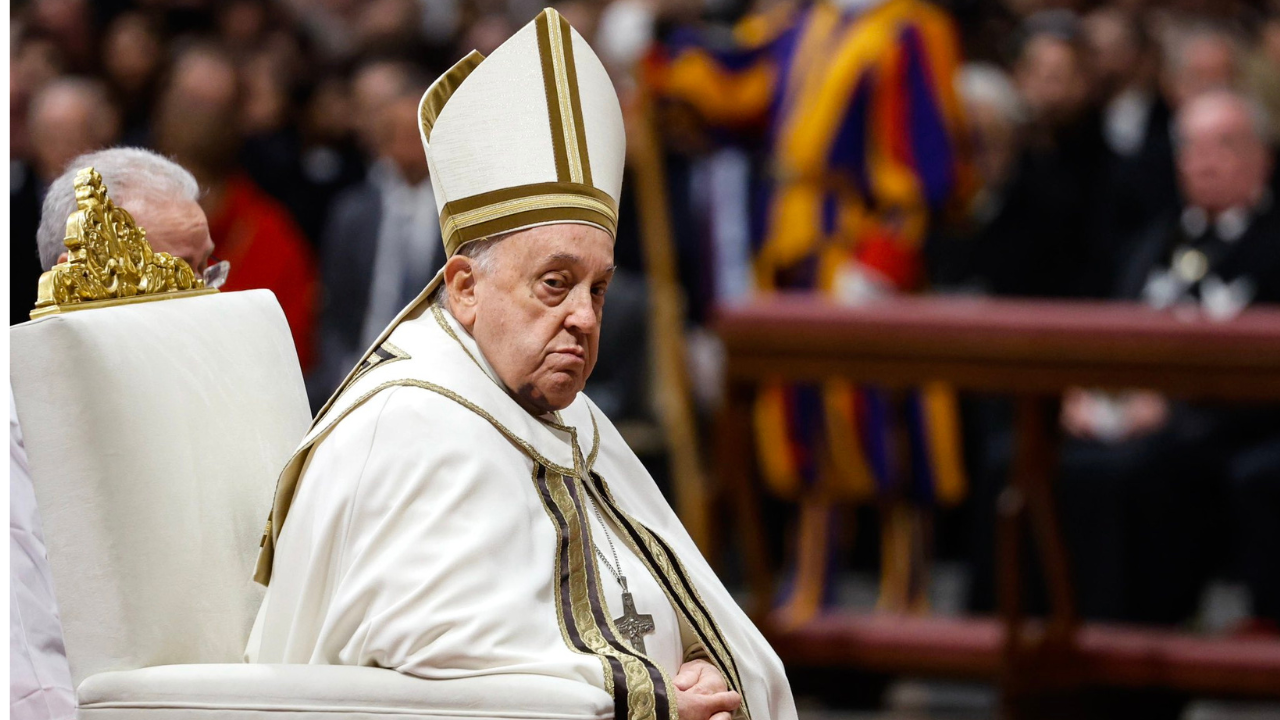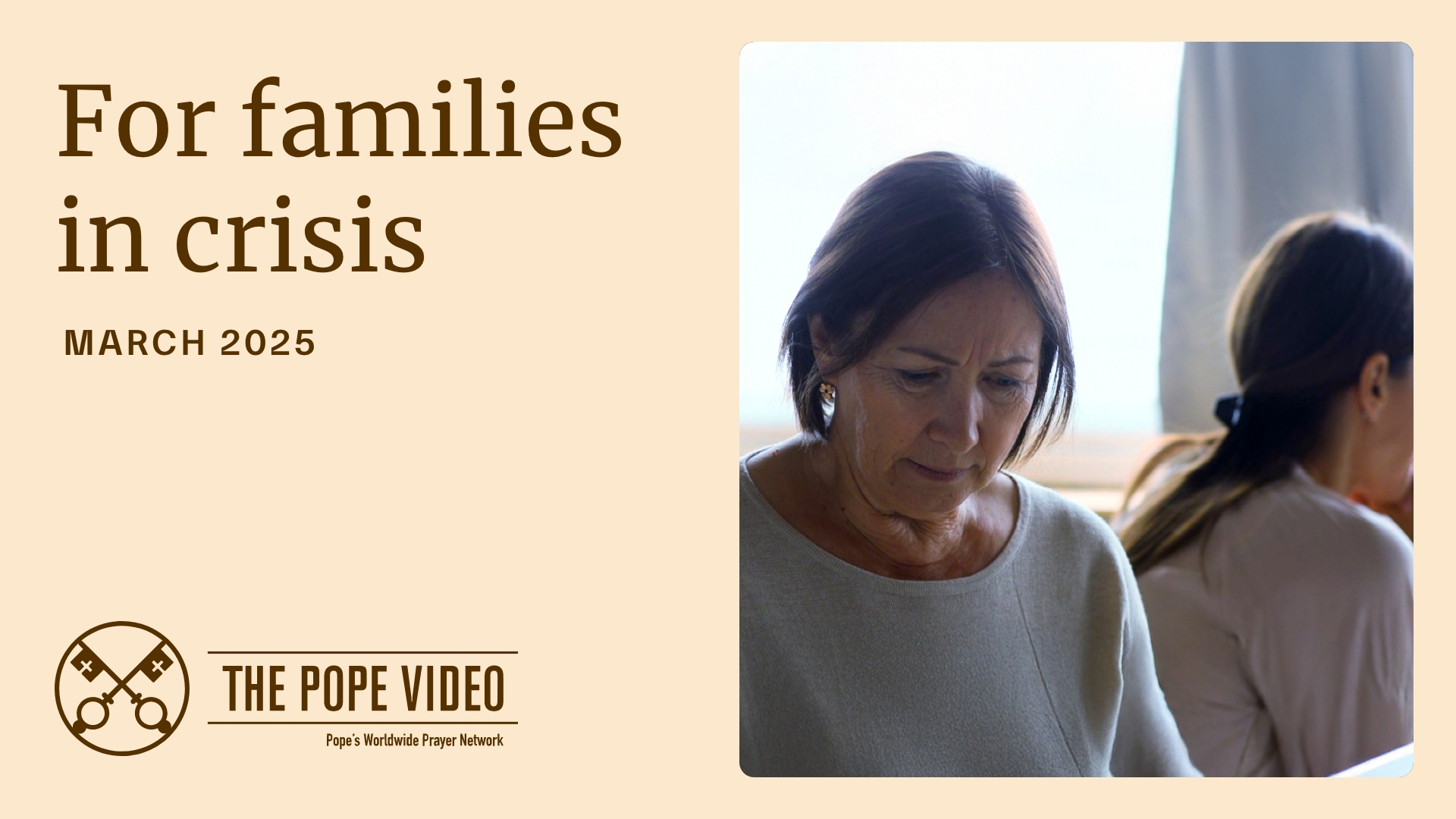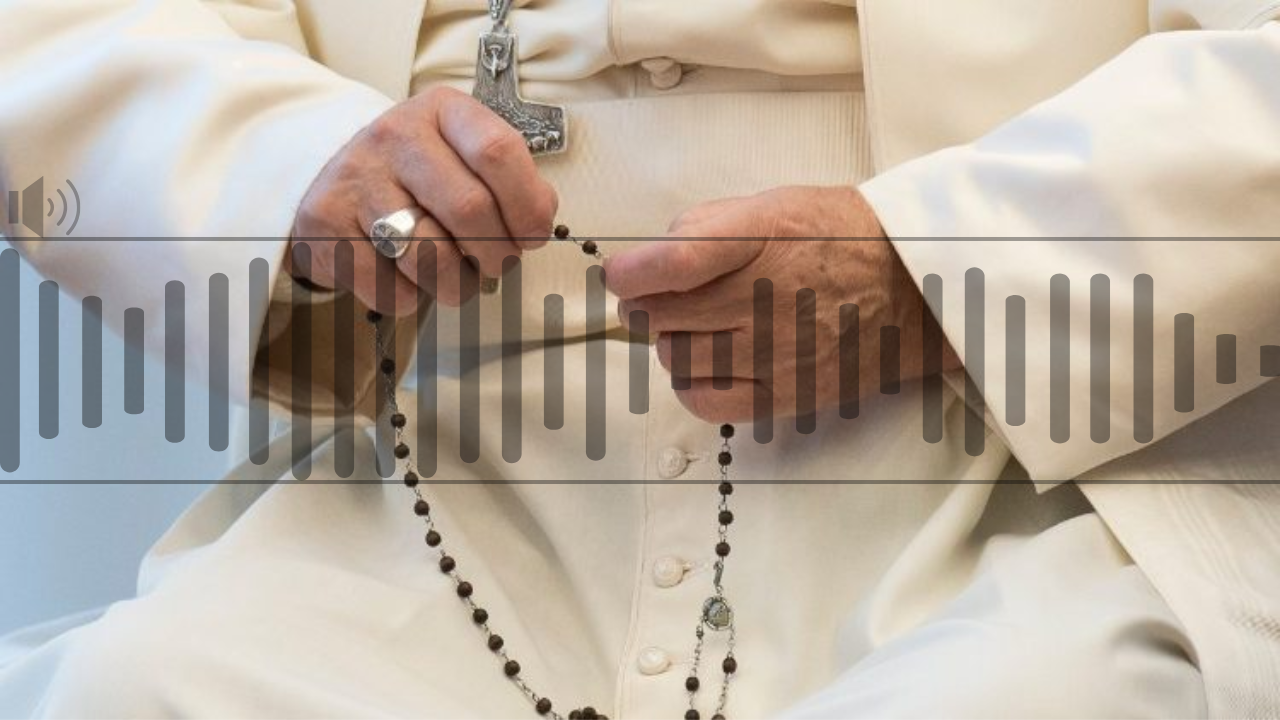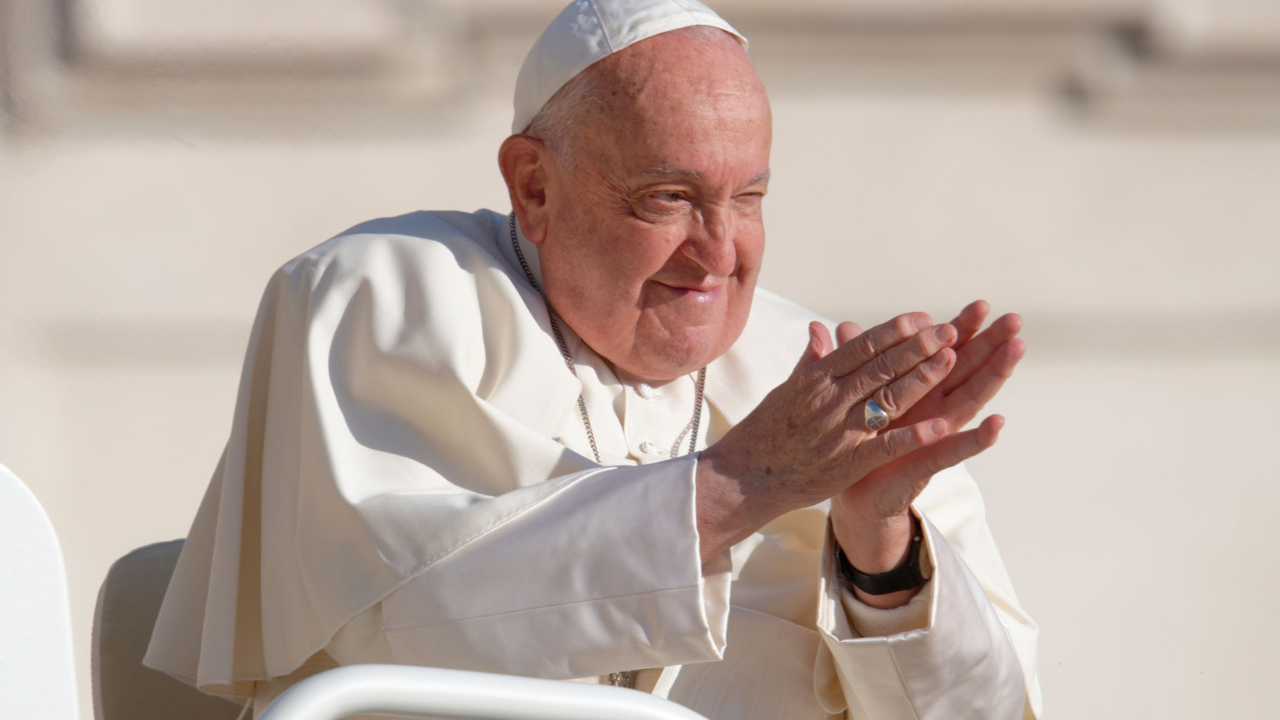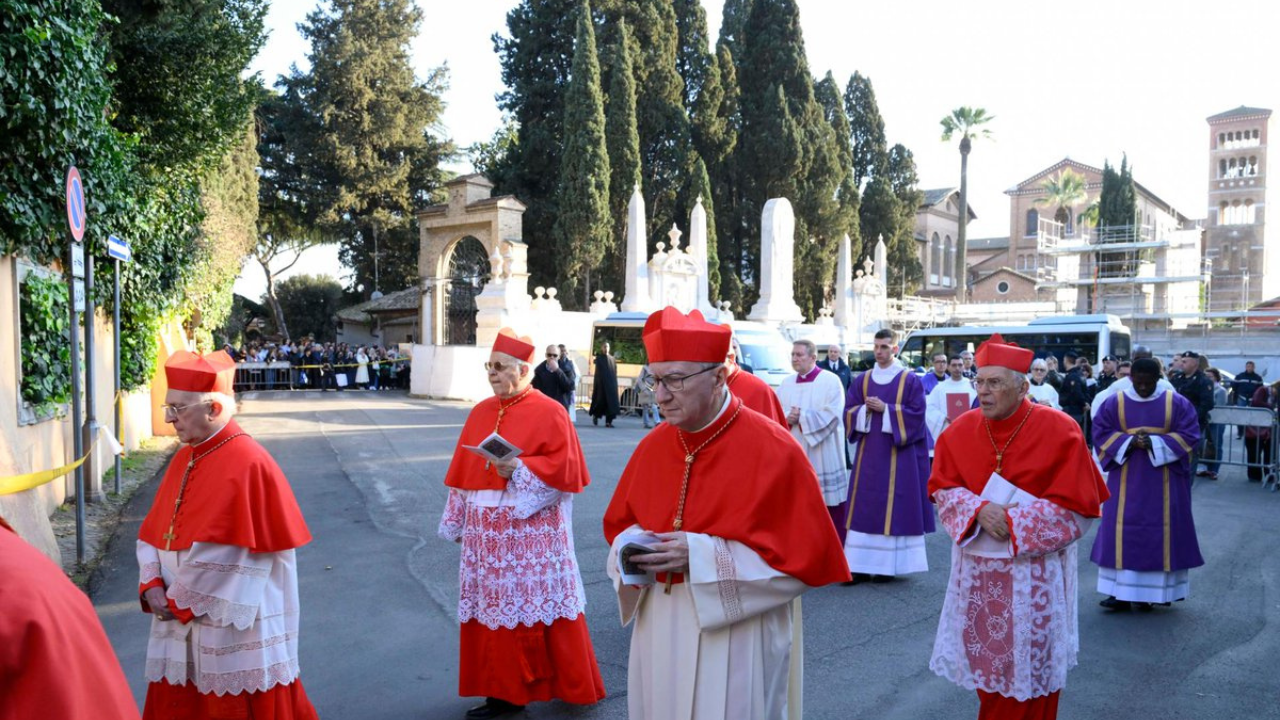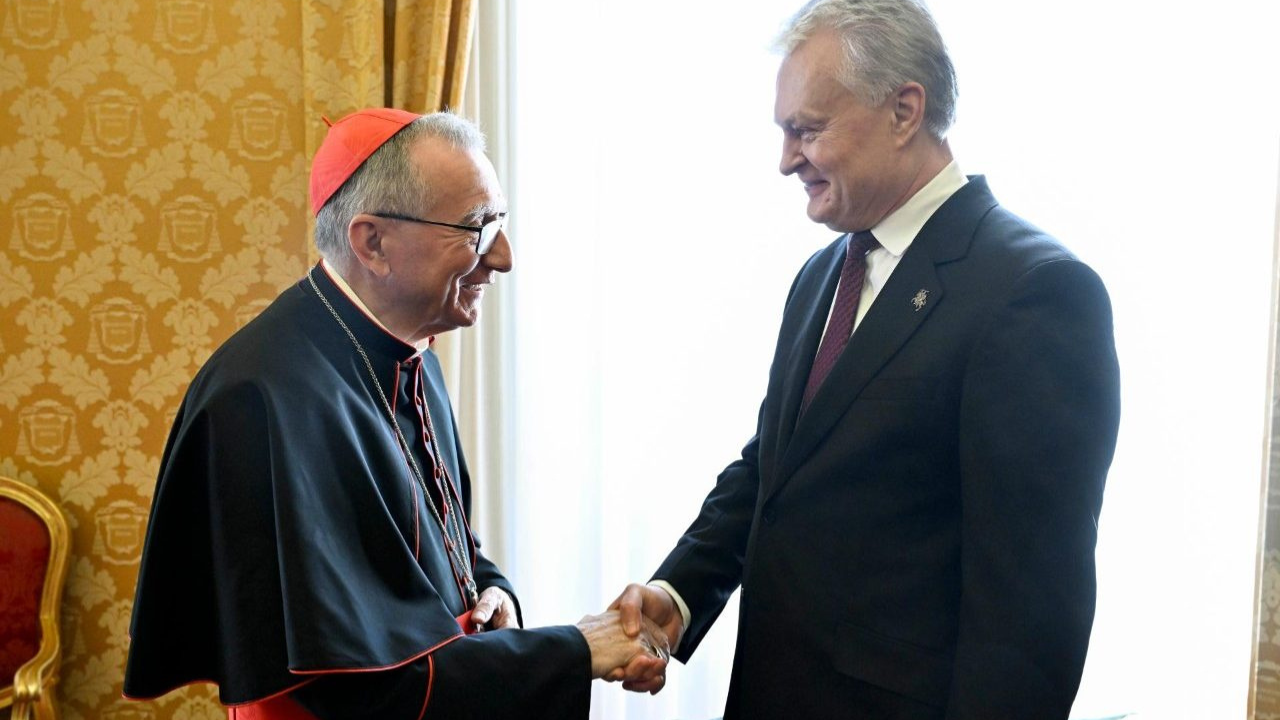The birth rate in Italy has decreased by 3.8% since 2019.
The declining number of births is a crisis that has been dragging on in Europe for decades. And now alarm bells are ringing just as officials begin to think about how to build a post-pandemic society.
EMMA CICCARELLI
Forum of National Family Associations
'It should be noted that in Italy this year the number of births was half the number of deaths. That makes 12 consecutive years in which the birth rate in Italy has decreased, each year by more than the previous one. So there is a big problem with the birth rate that is jeopardizing the future of the country.'
Emma Ciccarelli is one of the organizers of the 'Stati Generali della Natalità' meeting, an event that seeks to promote family-oriented policies in Italy. It comes at a time when the topic of family is in the national spotlight.
EMMA CICCARELLI
Forum of National Family Associations
'For the first time the Italian Parliament approved a significant measure for families: Allocating an allowance for each child. It is the first measure of family policies that recognizes the value of birth, parenthood and the value of each child, regardless of the social status to which he or she belongs.'
It is the first measure to be unanimously approved by all Italian political parties. Which is why Emma Ciccarelli says that 'the birth rate is a unifying issue.'
According to the United Nations, the global fertility rate stood at 1.1 in 2021. The country with the lowest birth rate in the world is South Korea. The pandemic has also worsened the situation in the United States, where the birth rate is at its lowest point in 40 years.
The 'Stati Generali della Natalità' meeting takes place this May 14. It is the first public event in Rome Pope Francis will attend since the second wave of the pandemic hit Italy. Italian Prime Minister Mario Draghi and other government officials will also participate in the event.
Daniel Dìaz Vizzi
TR: Justin McLellan
RR

